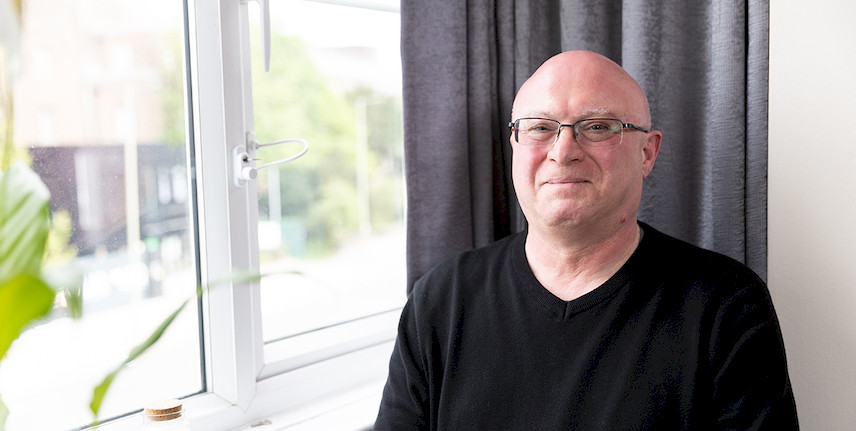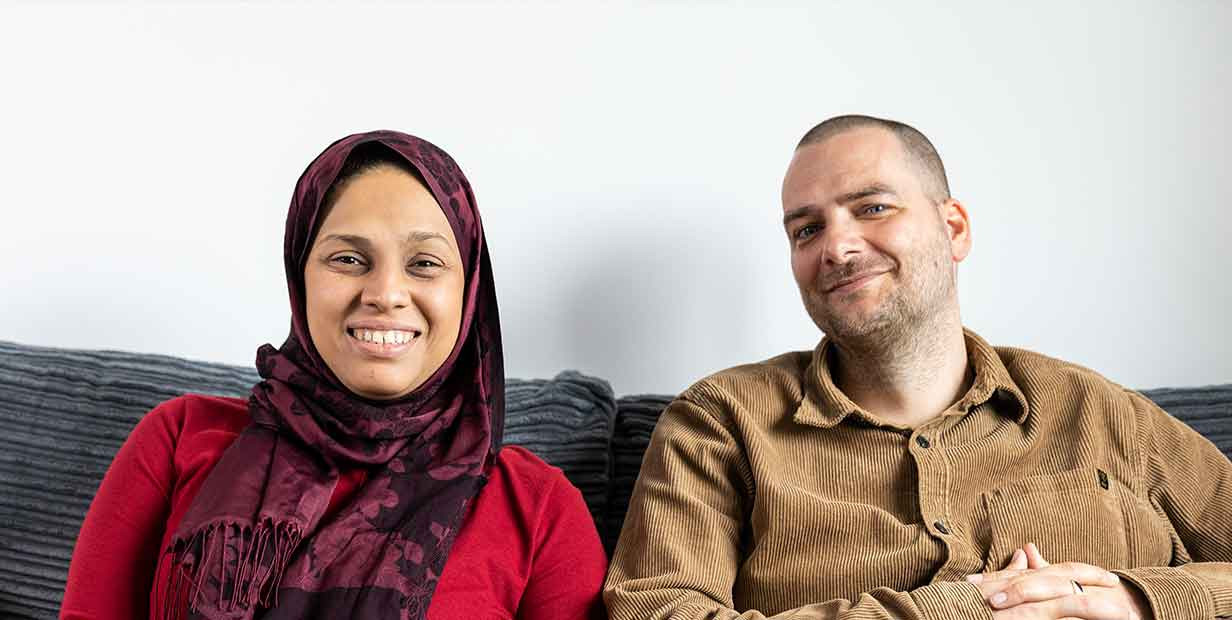Matt And Paul: Their Stories Of Homelessness
The story behind the fund
Following the success of Resonance’s pioneering impact property fund Real Lettings Property Fund 1 (RLPF1) with housing partner St Mungo’s Real Lettings, in providing stable homes for people in London facing housing crisis, National Homelessness Property Fund 1 (NHPF1) was created. NHPF1 launched in December 2015 to provide decent and affordable homes for people facing homelessness in three other cities in England: Bristol, Oxford and Milton Keynes.
NHPF1 raised £43.6m from socially motivated investors to buy a portfolio of 229 homes across these three cities and has fully deployed.
Working with the local authorities in these three areas, NHPF1 houses people in Bristol, Oxford and Milton Keynes facing homelessness in stable, private tenancies without deposits. After buying each of the 229 properties the fund refurbished all of them to a high standard, including making them more energy efficient, helping to reduce some bills for tenants.
Providing decent, stable and affordable housing is enabling individuals and families to be moved out of temporary accommodation such as B&Bs and hostels. And having a settled home is enabling tenants to become more independent, linking stable housing to positive development in other parts of their lives, such as resilience to homelessness, helping them improve their longer term housing options and take steps towards employment and – with almost as many children as adults being housed by the fund – making a huge difference to them, more likely to lead to more positive outcomes and to reach their full potential.
In 2022, all the properties in Bristol were transferred from St Mungo’s Real Lettings to Developing Health & Independence (DHI), a South West based homelessness charity. DHI has taken on the responsibility of managing and supporting tenants and their tenancies. Meanwhile, St Mungo’s Real Lettings continues to manage and support the Milton Keynes and Oxford properties and tenants.
To date across all Resonance’s impact property funds, over 3,600 people have been housed in over 1,140 homes.



